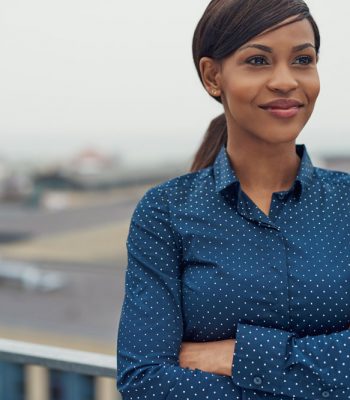Join the Diversity & Inclusion Movement with Women Community
Exclusive Insights, Resources, and Career Opportunities

Having trouble viewing our digital magazine?
By Jasmine Tiffany In the world of gymnastics, where precision meets grace, Simone Biles has etched her name into the books…
By Alysia Eve It’s no secret having children impacts our lives at home and in the workplace. It can feel like…
Explore Diverse Topics
By Leona Vaughn, Everyday Health Three years ago, Hil Moss says she was lounging around, casually watching television and relaxing when she…
According to the American Psychological Association, the country is facing a mental health crisis that could yield serious health and social…
The 2024 San Diego Festival of Science & Engineering…
Watch Below: Explore Exciting Career Opportunities at Leidos
SUBSCRIBE TO THE DIGITAL NEWSLETTER
Unlock a myriad of opportunities and stay in tune with the latest news and events important to the professional women community.



